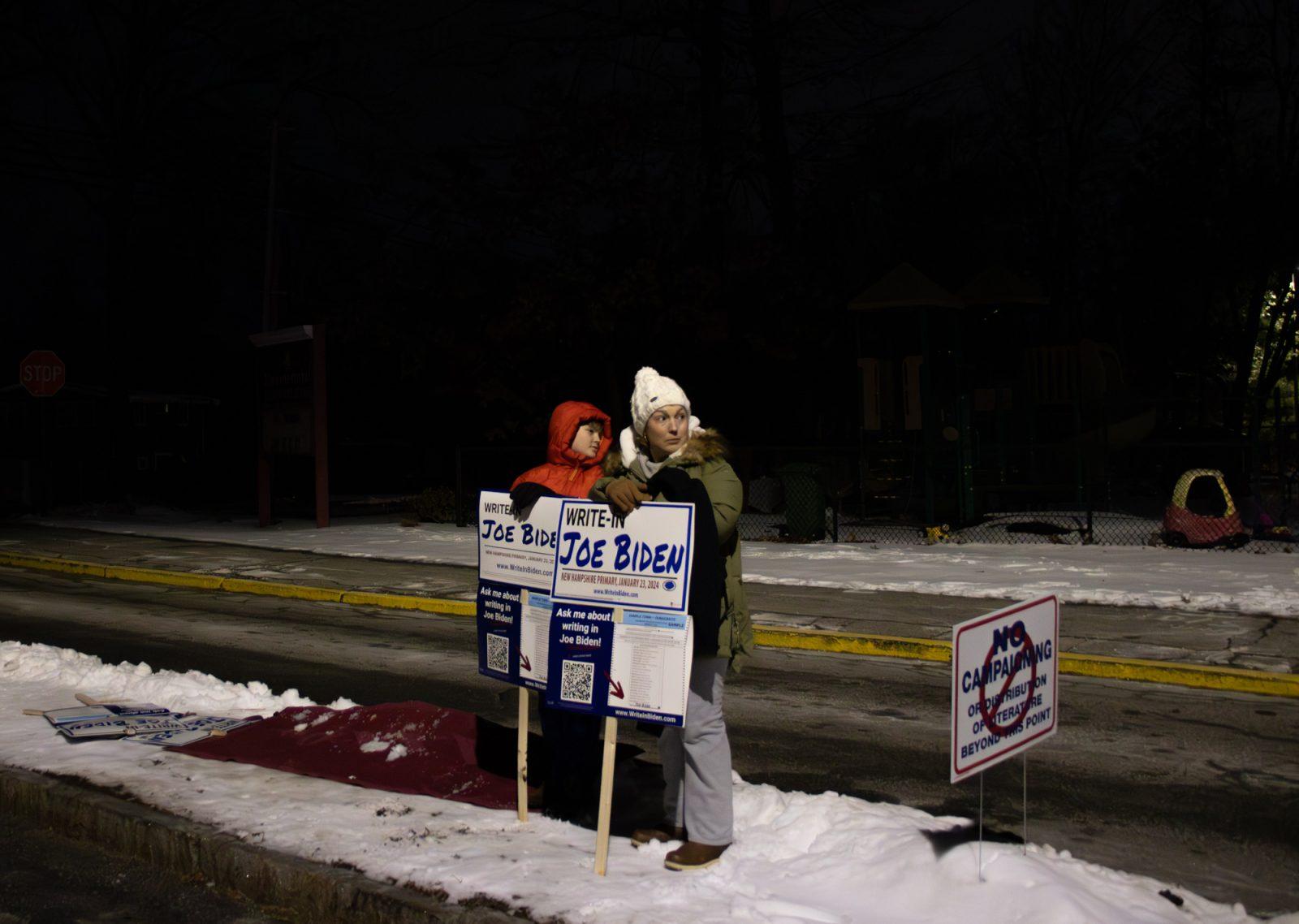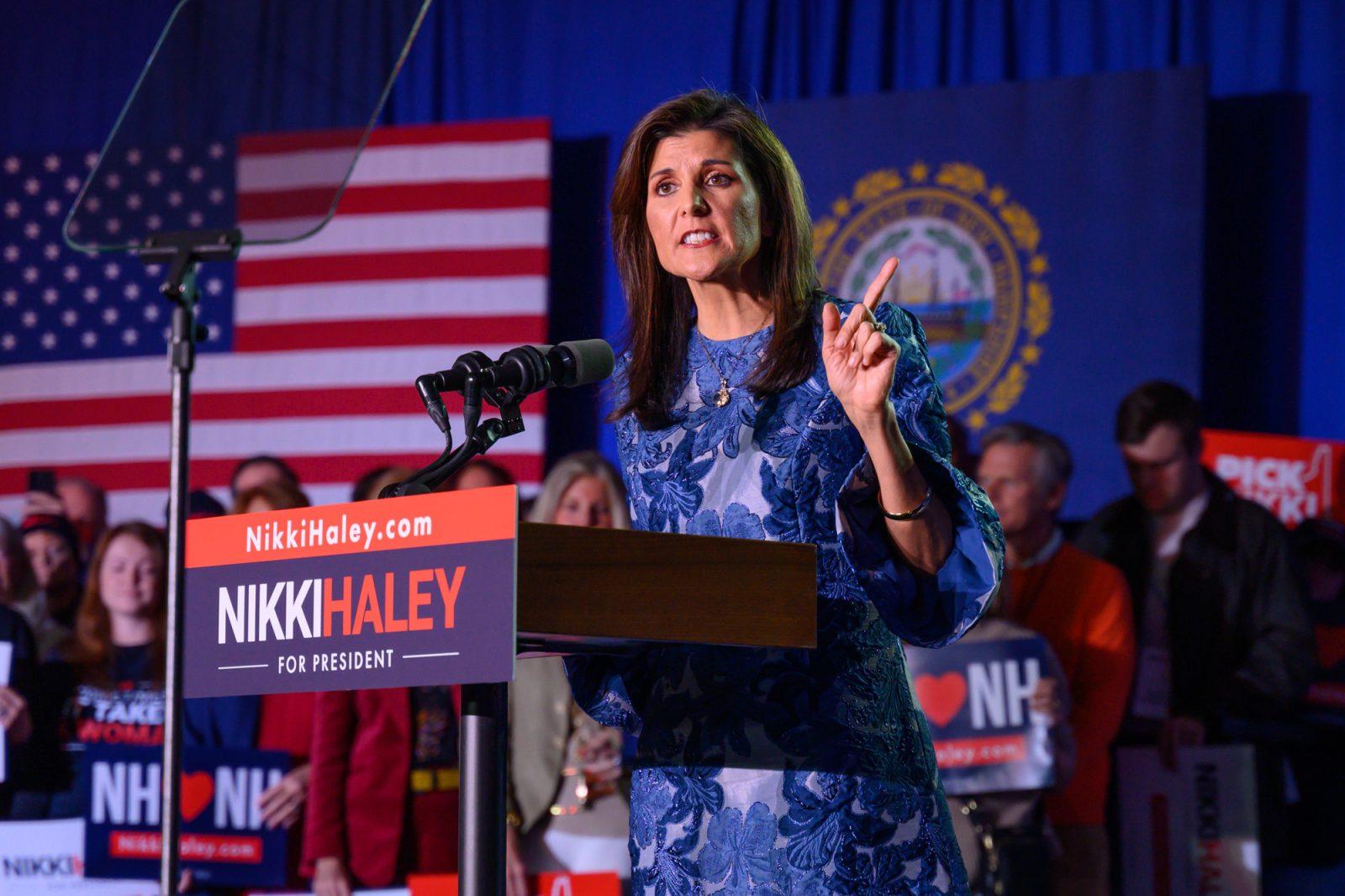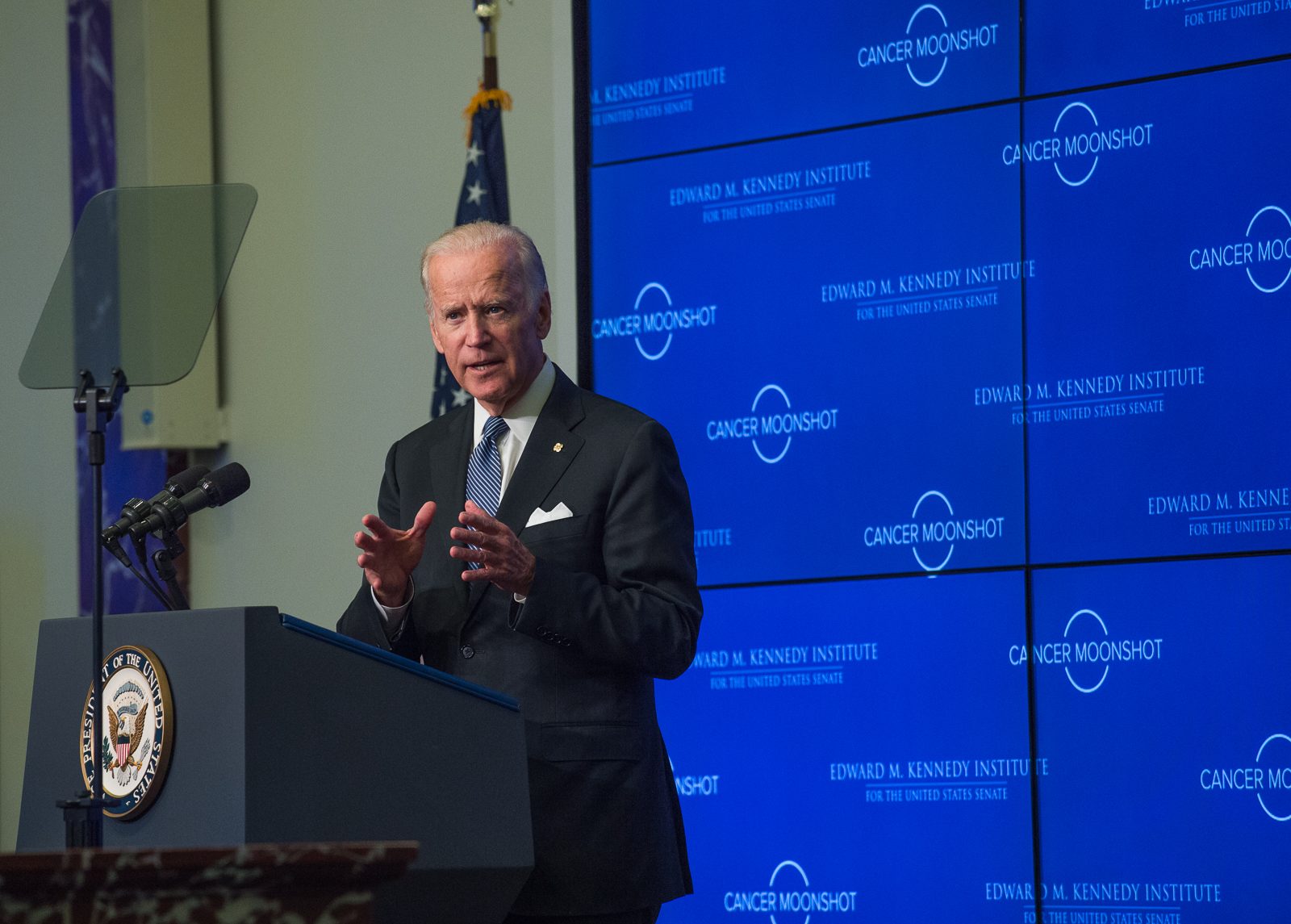Sen. Scott Brown (R – Mass.), a member of the Army National Guard, said on Friday that he supports overturning Don’t Ask, Don’t Tell, the military’s ban on openly gay service members, even as fellow Republicans in the Senate continue to balk at its possible repeal.
“When a soldier answers the call to serve, and risks life or limb, it has never mattered to me whether they are gay or straight,” Brown said in a statement. “My only concern has been whether their service and sacrifice is with pride and honor.”
“Having reviewed the Pentagon report, having spoken to active and retired military service members, and having discussed the matter privately with Defense Secretary Gates and others, I accept the findings of the report and support repeal based on the Secretary’s recommendations that repeal will be implemented only when the battle effectiveness of the forces is assured and proper preparations have been completed,” Brown said.
Brown is the second Republican to call for a legislative repeal of the policy, after Sen. Susan Collins (R-Maine).
Democratic leaders are trying to repeal the policy in the next few weeks, before Republicans take over the House and the Democratic majority is significantly reduced in the Senate.
A Nov. 30 report by the Pentagon found that allowing gay service members to serve openly would not significantly change the military’s effectiveness. Though Secretary of Defense Robert Gates and Admiral Mike Mullen have called on Congress to overturn the policy, other military leaders have urged caution, saying that they are not yet ready for the change.
“I would not recommend going forward at this time, given everything that the Army has on its plate,’’ said General George Casey, the Army chief of staff, to the Senate Armed Services Committee.
Opponents of the policy, including most Senate Democrats and President Barack Obama, say it’s discriminatory.
Defenders, meanwhile, say that the Pentagon’s report is inadequate, and the effects of allowing gay members to serve openly are still unknown.




























































































































